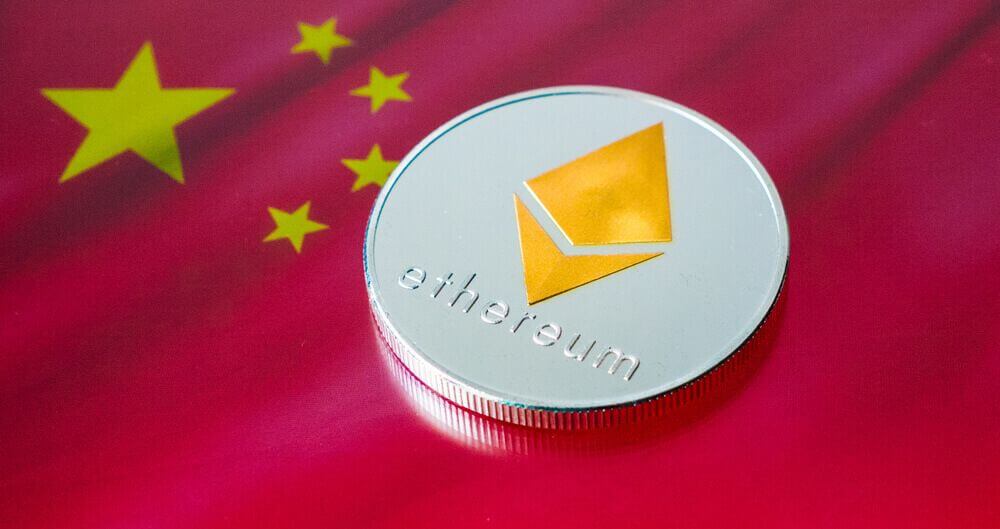

China is famous for a number of things in the western world. The Great Wall, saucy food in little white boxes, and (increasingly) government censorship. Chinese censorship is nothing new. Ever since the Communist revolution, Chinese leadership have ardently policed the information that is available to its citizens. In most cases, dissent is stifled. But in the era of blockchain, this is finally changing.
China has a problem with defective vaccines being given to infants. Vaccines for whooping cough and tetanus were ineffective, but the vaccine makers still profited from them as a standard medication for babies. The message spread slowly via word of mouth, but the media was effectively silenced for months.
Until now. Chinese users of Ethereum have embedded a piece of investigative journalism on this subject within the Ethereum blockchain. Protected by Ethereum’s world leading, decentralized security network, even a giant like China has been powerless to suppress the article (“The King of Vaccines” by Beast).
The event is a remarkable proof of one of the central tenets of blockchain philosophy. In a truly decentralized blockchain system (which Ethereum is, almost to a fault), no single actor can censor data added to the blockchain. The Ethereum ledger is maintained by miners all around the world. Even a world government can not reasonably overtake Ethereum’s hash rate to the extent required to remove the vaccine article.
Concepts like this are often repeated in blockchain circles, but here is proof that this stuff works in the real world. This is not the first time China has spoken out against oppression and corruption, and it will certainly not be the last. For all its difficulties to grow to scale, Ethereum remains a method to give power to the people. As Ethereum continues to develop, and more blockchains adopt and innovate upon its techniques, the censor-proof nature of these platforms will represent a new era for journalism. And so much more.

